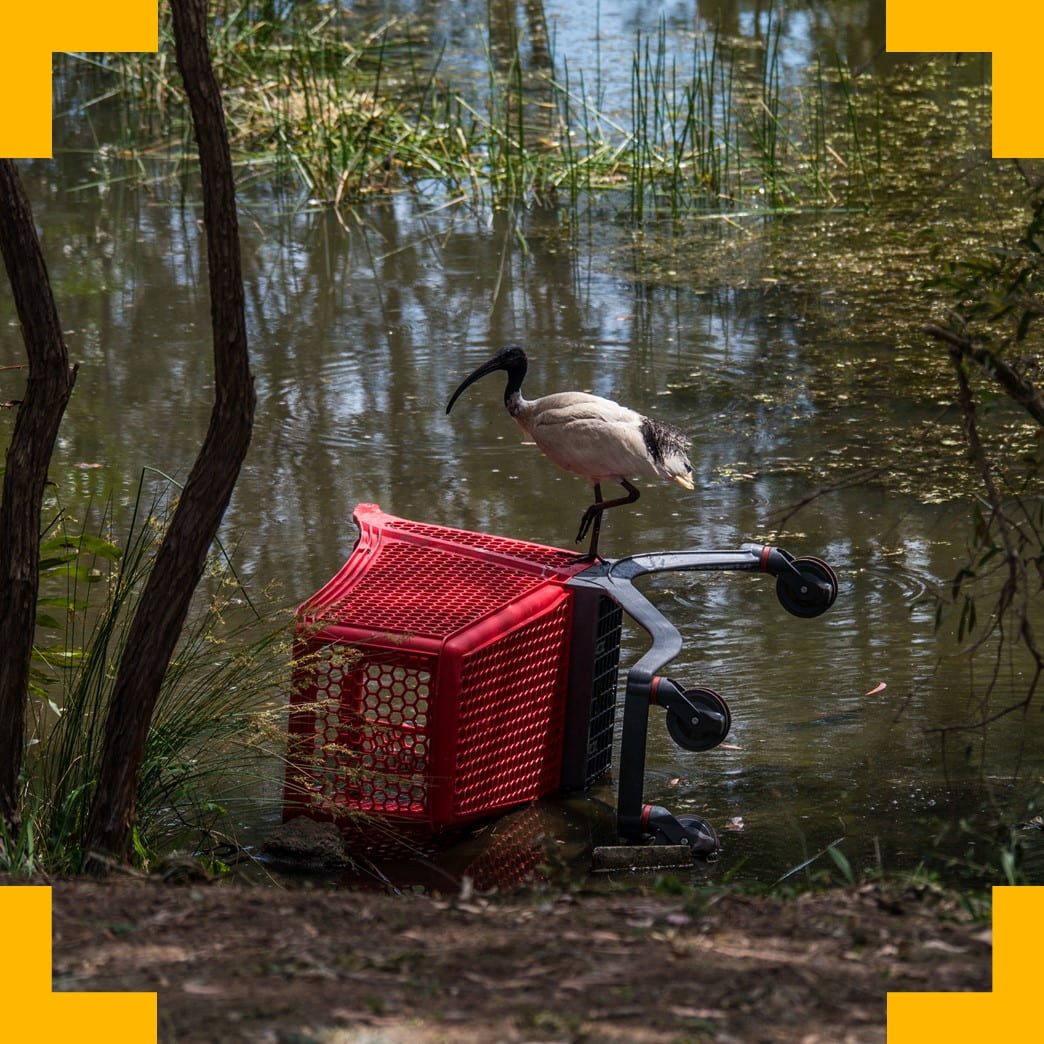I Didn’t Buy: Empowering online consumer activism against environmental collapse
Can digital tech empower online consumers to respond to environmental emergencies? This research seeks to create a tool that can connect with consumer practices to give them the opportunity to make ethical consumer choices.

What did the project involve?
Image credit: John Robert McPherson / CC BY-SA (https://creativecommons.org/licenses/by-sa/4.0)
This research sought to empower online consumers in responding individually and collectively to the climate breakdown and other environmental emergencies. The response used to play out through ethical consumption: purchasing from environmental companies or boycotting companies with environmentally damaging products. The response currently takes place through online activism: petitions, articles and comments. This research combined these two approaches.
Individuals have varying priorities and levels of commitment as well as differing understandings surrounding what it means to “live well”. The research lead to further understanding of how citizens wish to engage individually and collectively with environmental emergencies through online purchase decisions. Consumers also have diverse relationships with activism and information on sustainable practices of companies is often absent, disputed or in proprietary hands. The project explored whether citizens experience feelings of empowerment online as they engage in different types of activism, understanding the new affordances that digital technology offers in shaping their experiences and how it connects with their existing practices and self-narratives.
Who are the team and what do they bring?
- Tim Kindberg (Matter || Media) is a digital technologist who co-devises creative and technological responses to issues including the environment and social justice, emphasising collective action.
- Chris Preist’s (Computer Science) research focuses on the impact of digital technology on human behaviour – both intended and unintended – and the implications of this for the challenges of sustainable development.
- Fiona Spotswood (Management) uses social practice theory to explore social media marketing programmes and everyday practices and routines that are collectively performed. She is interested in the role of marketing in behaviour change and how marketing can be used as a tool to create value for consumers as they engage in more sustainable practices.
What were the results?
This project created a prototype of a plug-in tool for activism that overlays on top of existing e-commerce websites. This informs the consumer about the environmental impact of the product and the company producing it and provides means to engage in digital activism with issues raised.
The process of creating this tool involved creating character stories that reflect both individuals that embody distinct consumer practices and those who inspire others to engage in activism. It also involved fun interactive “shopping online together” activities to explore emerging questions and behaviours.
Read I Didnt Buy’s blog post to hear about how their research in the Covid 19 Pandemic or see more information on the I Didn’t Buy project website.


Project Social Media